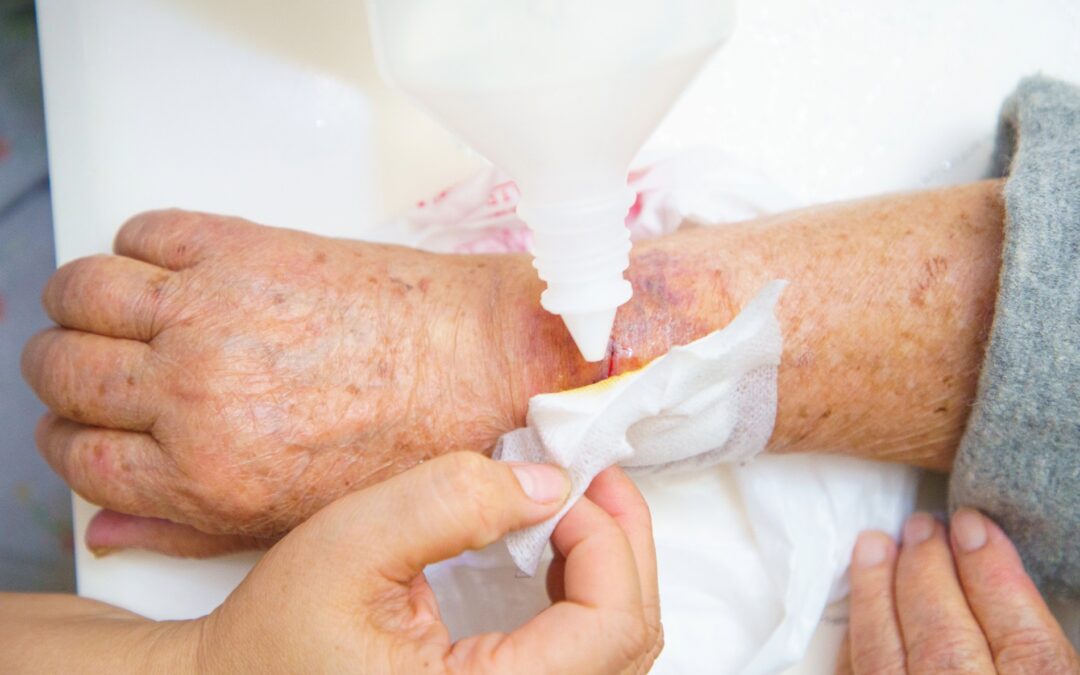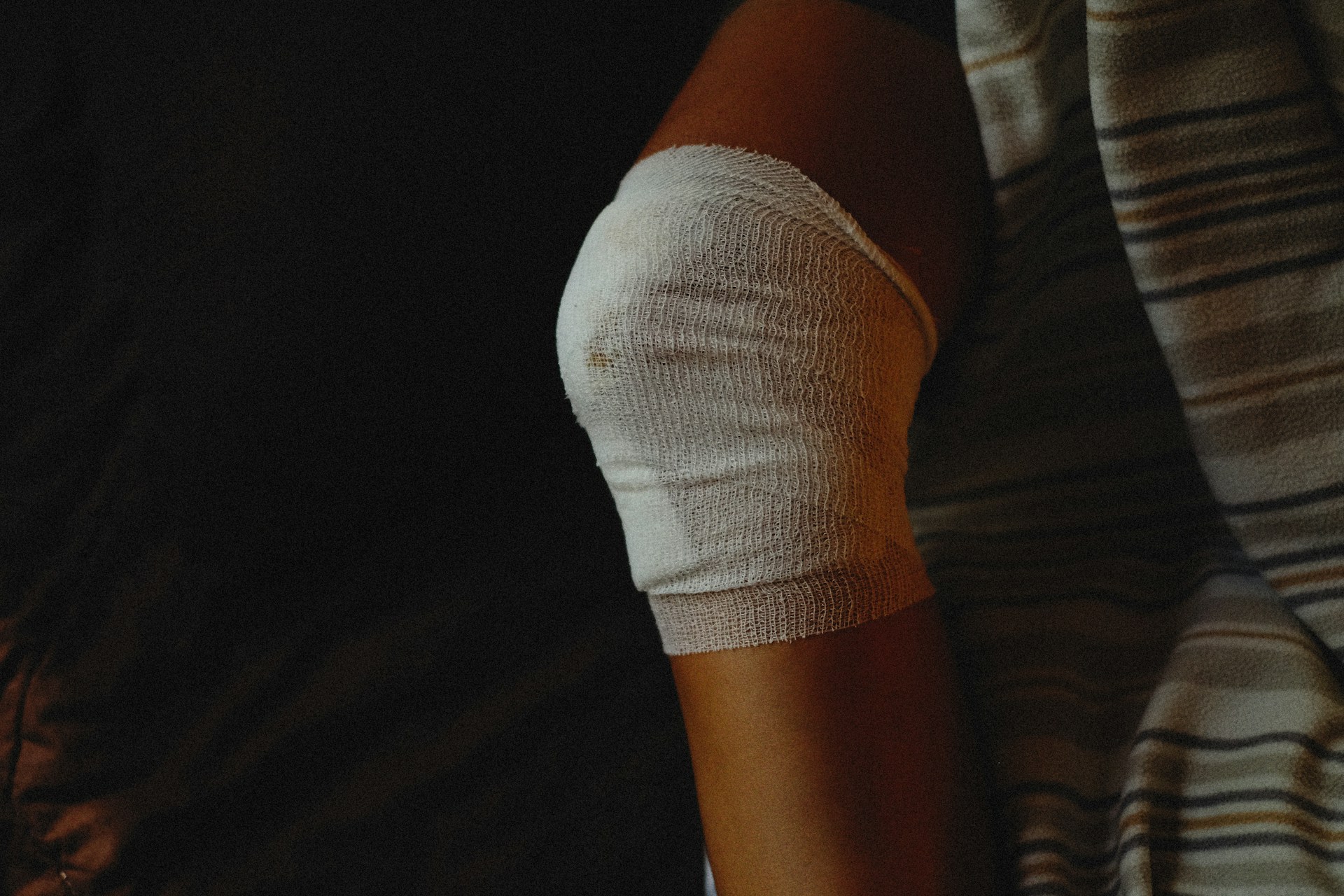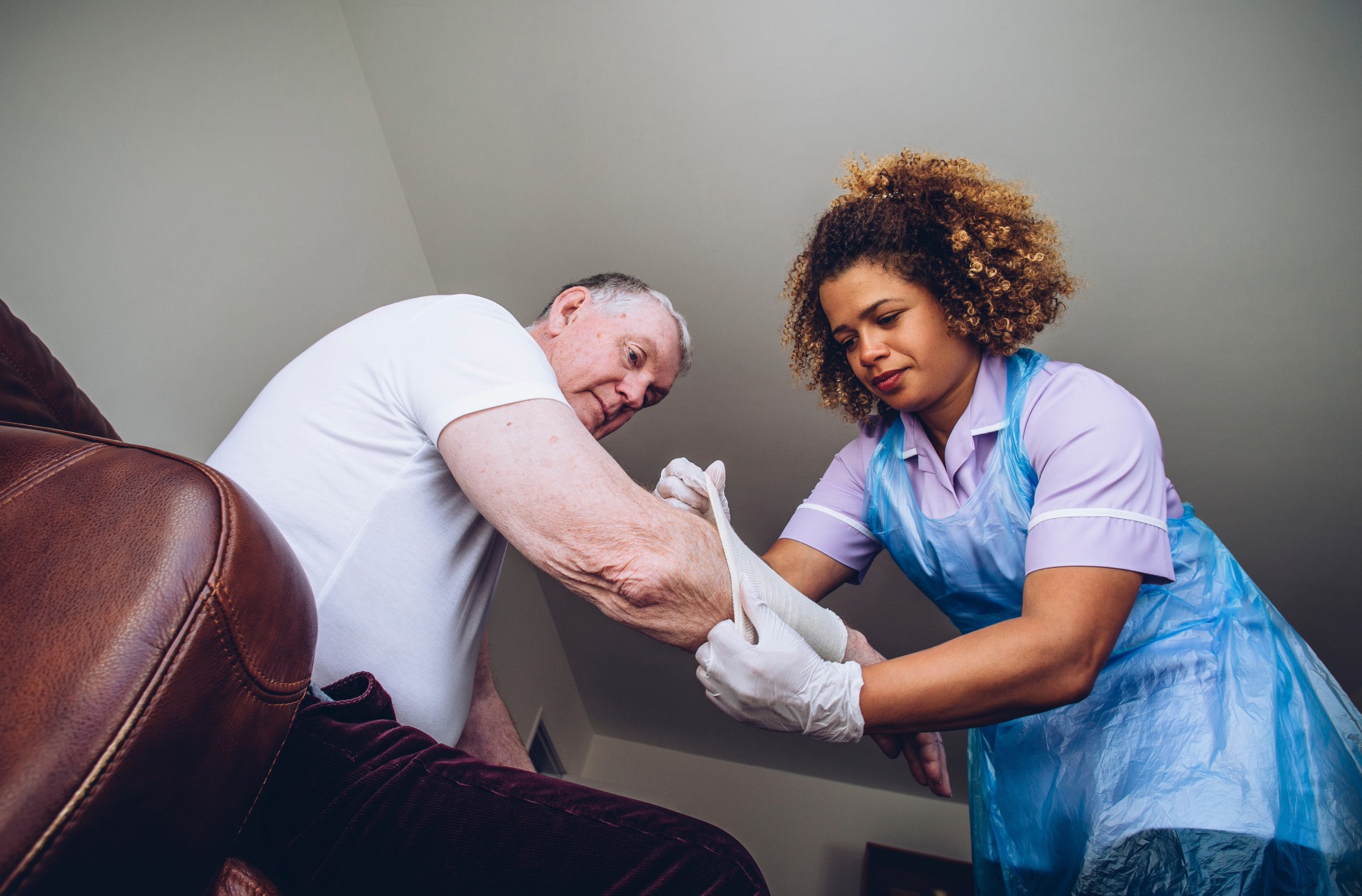Wound care can feel overwhelming, especially when healing doesn’t go as planned. Whether you’re dealing with a surgical incision, a pressure sore, or something as common as a deep scrape, how it’s cleaned makes a big difference in how it heals. Some wounds get overlooked because they seem small, while others get treated but don’t respond the way they should. The last thing anyone wants is for a wound to become infected or stalled. Knowing when and how to bring in expert help makes all the difference, especially when that help comes to you.
In Brentwood, driving to an appointment or waiting in a clinic just isn’t always practical. Life doesn’t slow down, and traffic certainly doesn’t help either. That’s why mobile wound care services have become more than a convenience—they’re a real answer for people who need consistent support from medical professionals without leaving their home or facility. Fall can be an especially important time to be on top of care routines, as cooler air and layered clothing can sometimes irritate or hide wounds that need ongoing attention. That’s where professional wound cleaning at home steps in.
Why Professional Wound Cleaning Is Important
It’s tempting to think that a little soap and water or an over-the-counter dressing will do the trick, but that’s not always the case, especially for wounds that are deeper, chronic, or located in high-pressure areas like heels or hips. Cleaning a wound the wrong way can damage new tissue or spread infection. And if a wound stays dirty or keeps getting reopened, it can become even harder to heal.
Here’s what can go wrong with improper cleaning:
– Dirt or bacteria gets trapped under a bandage, leading to infection
– Using alcohol, hydrogen peroxide, or harsh solutions too often can actually slow healing
– Failing to recognize dead tissue, which may look like scabs or sluggish, yellowish material, stops the skin from closing up the right way
– Not changing dressings at the right time creates a breeding ground for bacteria
On the other hand, when cleaning is handled the right way by a professional, the wound has a better chance at healing without complications. Proper care removes debris safely, creates a clean environment for new skin to grow, and helps manage pain, swelling, and odor. For chronic wounds or those that have been around longer than a few days, that’s more important than it might seem. Professionals are also trained to catch early signs of trouble—things like unusual warmth, spreading redness, or excessive drainage—before they turn into visits to the emergency room.
A good example comes from someone in Brentwood who thought their wound from a fall was healing fine. They noticed it dried out a bit and started to scab, but they kept picking at it out of habit. Over time, it wouldn’t close properly and began showing a strange yellow film. What they thought was a normal part of healing was actually necrotic tissue that needed to be removed. Without that insight, things could’ve gotten worse.
The Process Of Wound Cleaning
When a trained professional arrives to clean a wound, it’s more than just applying a bandage. The process is structured, safe, and carefully planned depending on what the wound looks like and how long it’s been open. One of the most important steps for deep or slow-healing wounds is wound debridement. In Brentwood, this is something more people are becoming familiar with as awareness grows around at-home wound care options.
Wound debridement means removing dead or infected tissue so healthy skin can start growing. If that old tissue stays put, it acts like a barrier. Think of it like trying to patch a leaky roof without removing the rotten wood underneath—it just won’t hold. Some wounds need this type of cleaning once, while others may need it more than once depending on how they respond.
Here’s a basic rundown of what proper wound cleaning usually looks like:
1. The wound is assessed to understand what type of cleaning or debridement is needed
2. Any old dressings are removed and discarded safely
3. The wound is cleansed with appropriate solutions that won’t further damage tissues
4. If needed, dead tissue is carefully taken away either by gentle washing or using tools
5. New dressings are applied in a way that protects the area and encourages healing
6. Notes may be taken to monitor progress and flag any signs of issues
Each step matters. Overcleaning can be just as harmful as not cleaning at all, especially with the delicate balance involved in healing. That’s why the eye of a trained specialist can catch things a lot of people miss. Whether it’s dry edges that signal stalled healing, excess moisture, or early signs of infection, these small details are what help move a wound toward recovery rather than put it at risk.
Signs Your Wound Needs Professional Attention
Sometimes it’s tough to tell when a wound is more than just a surface issue. What starts as a small scrape or sore may seem minor at first but can quickly point to deeper problems if left unnoticed. Certain changes in how a wound looks, feels, or smells are signs that a professional should take a closer look. This is even more important for folks in Brentwood who may be dealing with long-term health conditions or have less mobility to monitor wounds every day.
Here are some signs that shouldn’t be ignored:
– The wound hasn’t improved after several days or has started to look worse
– There’s a build-up of yellow, gray, or black tissue that looks dried or stuck on
– Redness is spreading around the wound or it’s warm to the touch
– There’s new swelling, foul odor, or increasing pain
– The wound is leaking fluid, especially if it’s thick or discolored
– You get a fever or start feeling more tired than usual
These symptoms can show that the wound isn’t healing correctly or that infection may be setting in. It’s common for people to assume they can treat a wound themselves, but small problems can become big ones quickly. Even a pressure sore from sitting too long in one position or a sore on the foot can become serious without care. In Brentwood, the change in seasons can add other layers too. As cooler weather sets in this October, people might wear thicker clothes that rub against or hide wounds, making changes harder to notice.
Rather than guess whether healing is on track, it helps to have trained eyes on it. Professionals can check for dead tissue and determine if wound debridement is needed to help healing pick back up. It’s not about overreacting—it’s about knowing when small signs might mean bigger issues are coming.
How Southern Wound Care Can Help
The benefit of having care come to you is more than just convenience. When wound care professionals visit someone in Brentwood at home, they can see factors that affect the wound beyond just the medical side. This includes a person’s ability to move around, how often dressings are changed, how clean the area stays, and what kind of support is available in daily routines. These things matter when trying to support proper healing.
Mobile care services give people a chance to get the right treatment without fighting traffic or waiting in a clinic. That saves time and energy. It also means that wound care can happen more regularly, which is key for healing progress. When someone doesn’t have to leave their home or transfer into a car, they’re more likely to stay on track with treatment.
Here’s what a typical in-home visit might include:
– Review of the wound and how it’s changed since the last visit
– Careful and thorough cleaning, including debridement if needed
– Feedback and help with wound dressing supplies
– Tips to make the environment better for healing, like avoiding pressure on the wound site
– Coordination with other health professionals involved in care, if needed
That level of support is tough to provide through quick appointments at a clinic. With home visits, the details aren’t rushed, and care is more personal. Whether the wound is from surgery, diabetes, or pressure, things improve when someone is paying attention on a regular basis.
Knowing When to Call a Specialist
Knowing when to contact a specialist is part of staying safe, especially with wounds that aren’t showing signs of getting better. When wounds have looked the same for days or seem to reopen after looking healed, there’s probably something interfering. That could be pressure, poor blood flow, or tissue that needs to be removed. Debridement can be the turning point, clearing the way for new, healthier skin.
Here’s when to reach out for wound care:
– If your wound has been around for more than a week with little change
– If you’ve tried treating it yourself and it’s now getting red, gooey, or sore
– If mobility or health issues make it hard to care for it on your own
– If you’ve had wounds in the same spot before and they keep coming back
– If you’re unsure whether you’re cleaning or covering the wound the right way
Even when a wound starts small, it takes extra attention to keep things from getting complicated. Especially for people in Brentwood managing other health factors, getting support early on can stop a downhill slide before it begins.
Taking the Next Step for Better Healing
Making sure a wound is cleaned and monitored by someone who knows what to look for can make all the difference. At-home care makes that access easier and far more comfortable, especially for anyone who finds it hard to keep up with appointments or changing dressings. When healing slows down or red flags start to show, there’s no harm in getting help—you might just catch a problem before it gets serious.
Good wound care doesn’t always happen in a clinic. Sometimes the most progress happens right where you are, when somebody brings skill and attention into your space. For those in Brentwood, taking that step toward help could be what finally gets a stubborn wound heading toward recovery.
If you’re dealing with a wound that isn’t getting better, professional care at home can make a big difference. Our team offers thorough cleaning and treatment to help promote healing where it’s most comfortable. Learn more about how we support recovery through wound debridement in Brentwood with mobile services that come to you. Southern Wound Care is here to make healing easier—reach out today to get started.




